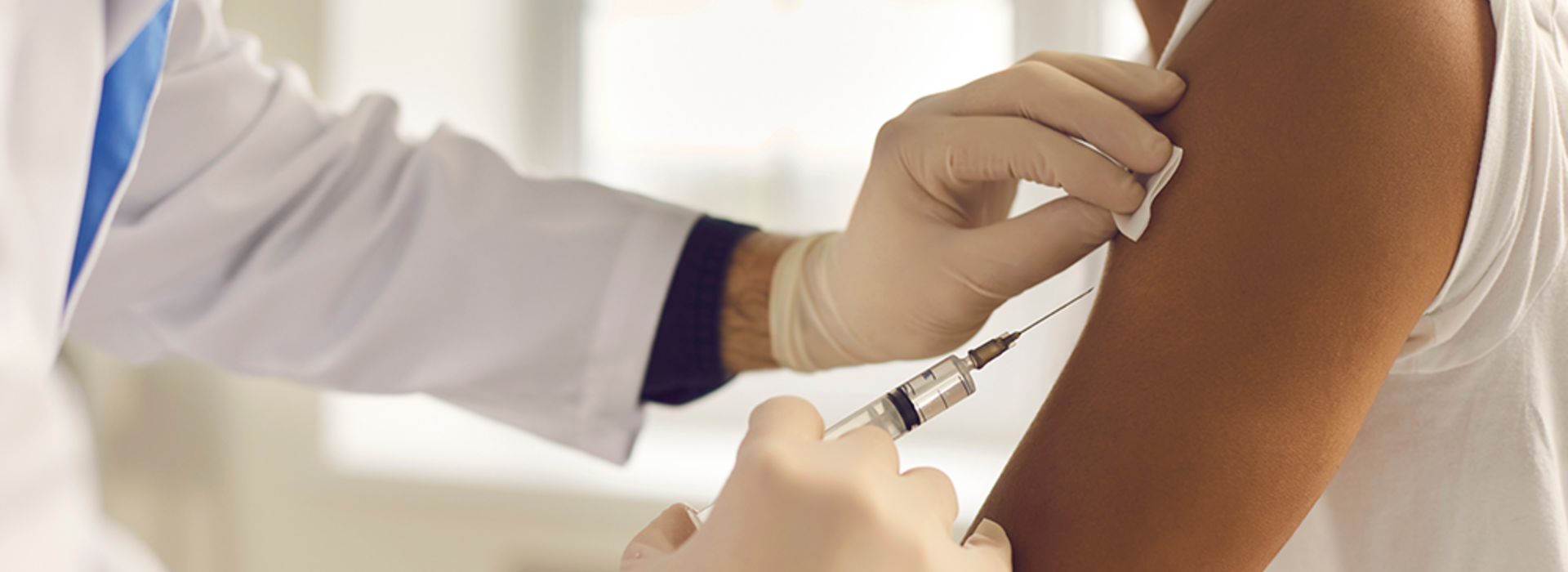
U of M Medical School launches trial to study COVID-19 vaccine efficacy among 18- to 29-year-olds
This local arm of the ‘Prevent COVID U study’ is the only site in the four-state border region and among 40 sites nationally
MINNEAPOLIS/ST. PAUL (08/23/2021) — The University of Minnesota Medical School has joined a national study working to understand how well COVID-19 vaccines prevent infection and the spread of SARS-CoV-2 among young adults between the ages of 18 and 29. It is the only trial site in the four-state border region — among 40 sites in the nation — and is currently enrolling interested study participants in the Twin Cities.
Susan Kline, MD, MPH, a professor of infectious diseases at the U of M Medical School, is the local lead investigator of the Prevent COVID U study. Last fall, she also led the local arm of the Novavax clinical trial, a COVID-19 vaccine with a 90% efficacy rate that is likely to seek FDA emergency use authorization in the coming months.
“This Prevent COVID U study is important because it will help us answer some big questions that we still have about vaccines,” said Kline, who is also an infectious disease physician with M Health Fairview. “Earlier vaccine studies really focused on the effectiveness of the vaccines in preventing symptoms of the COVID-19 disease. This study is looking deeper — can the vaccine help prevent asymptomatic infection and how often does asymptomatic infection develop post-vaccination?”
Among younger people — who are often asymptomatic — the trial is testing if, and to what degree, the Moderna COVID-19 vaccine can prevent SARS-CoV-2 infection, limit the amount of virus in the nose and reduce transmission of the virus from vaccinated persons to their close contacts.
“We’ll also be looking at, if someone develops COVID-19 infection after vaccination, is the amount of virus in their nasal passages lower and are they less likely to spread it to their close contacts compared to someone who is not vaccinated?” Kline said.
The study is a randomized, open-label trial that will enroll 18,000 individuals nationally between the ages of 18 and 29. This local arm of the trial hopes to enroll 150 unvaccinated people, including those who want to be vaccinated as well as those who don’t want to be vaccinated at all:
-
Of those who want to be vaccinated, one half will be randomly selected to receive the vaccine right away. The other half will be randomized to follow local guidance and their preference for vaccination timing or, otherwise, be vaccinated through the study after four months.
-
Of those who choose not to be vaccinated, this group will serve as a control measure to compare infection and transmission rates with those who have been vaccinated as part of the study.
All participants in the study will complete questionnaires via an eDiary app twice weekly, swab their nose daily for SARS-CoV-2 infection and provide periodic blood samples. They will also be asked to identify their “close contacts,” such as family members, roommates or friends, who will then be invited to take part in the trial. If participants test positive for SARS-CoV-2, those contacts who agree to participate will be asked to answer weekly questionnaires via eDiary, provide two blood samples and take daily swabs of their nose for two weeks.
As many study procedures as possible will be conducted remotely and electronically, such as for initial screening and consent. Nasal swabs will be returned via the mail or dropped off at the study site. Study participants will be compensated up to approximately $900 for their time.
The trial is being conducted through the COVID-19 Prevention Network (CoVPN), operationally headquartered at Fred Hutchinson Cancer Research Center, and funded by the federal COVID-19 Response Program and the National Institute of Allergy and Infectious Diseases (NIAID), part of the National Institutes of Health (NIH).
To learn more about the study and how to participate, visit http://preventcovidu.umn.edu/.
###
About the University of Minnesota Medical School
The University of Minnesota Medical School is at the forefront of learning and discovery, transforming medical care and educating the next generation of physicians. Our graduates and faculty produce high-impact biomedical research and advance the practice of medicine. We acknowledge that the U of M Medical School, both the Twin Cities campus and Duluth campus, is located on traditional, ancestral and contemporary lands of the Dakota and the Ojibwe, and scores of other Indigenous people, and we affirm our commitment to tribal communities and their sovereignty as we seek to improve and strengthen our relations with tribal nations. For more information about the U of M Medical School, please visit med.umn.edu.
For media requests, please contact:
Angel Mendez
Media Relations Manager
University of Minnesota Medical School
mende434@umn.edu